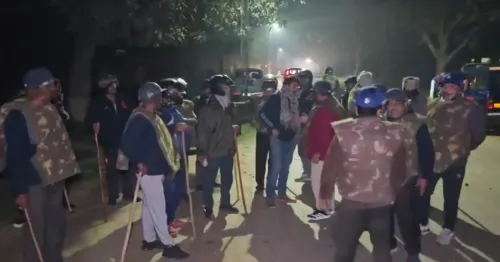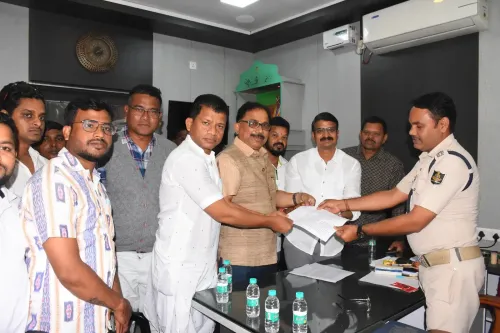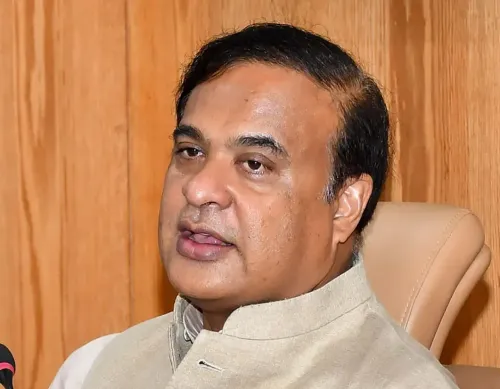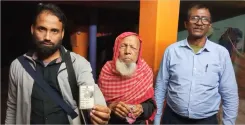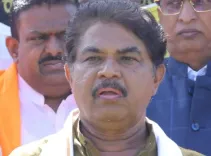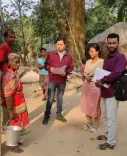Why Were Three Sarpanches from Gujarat Invited as Special Guests for Independence Day Celebrations in New Delhi?
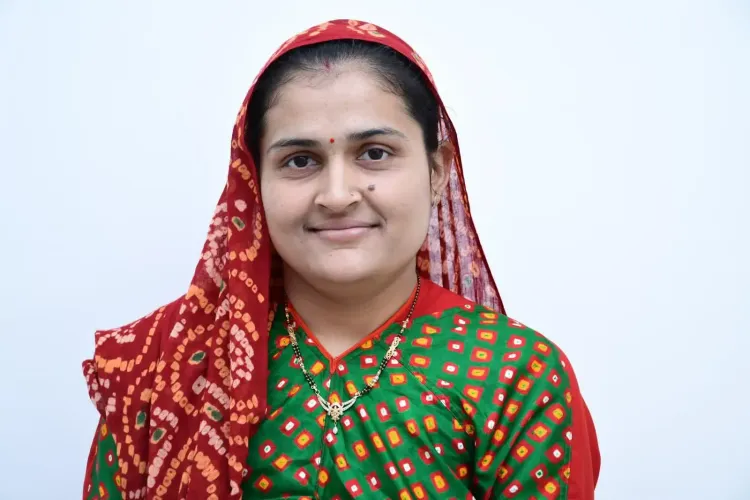
Synopsis
Key Takeaways
- Innovative Leadership: Sarpanches have introduced sustainable projects that have transformed their villages.
- Community Engagement: They encourage local participation in governance and development initiatives.
- National Recognition: Their efforts have led to prestigious awards and invitations to significant national events.
Ahmedabad, Aug 14 (NationPress) Three exemplary villages from Gujarat have garnered national acclaim, leading to their sarpanches being invited as distinguished guests for the Independence Day festivities in New Delhi on August 15, an event presided over by Prime Minister Narendra Modi.
The sarpanches from Bhimasar in Kutch, Akhod in Bharuch, and Sultanpur in Navsari—recognized as 'Model Villages of Rural Development' and 'ODF Plus Model Villages'—have revolutionized rural governance by integrating urban amenities with community-driven projects.
Daiben Humble, the female sarpanch of Bhimasar, has transformed her village into a clean, green, and self-sufficient community featuring comprehensive waste collection services, a complete sewage system, and the 'Green Bhimasar Project,' which motivates each household to plant 10 trees.
Additionally, she established the 200-acre 'Vraj Bhumi Farm' for fodder production and local job creation, earning her 13 national awards for her innovative leadership.
In Sultanpur, sarpanch Shashikant Patel has bolstered both infrastructure and social welfare by offering a Rs 5,000 grant to families upon the birth of a girl child, rewarding households with exemplary kitchen gardens, and installing Braille signage in public toilets—marking Gujarat's first initiative of this type.
The village has achieved complete compliance with Swachh Bharat Mission standards. Meanwhile, Narendra Singh Solanki, sarpanch of Akhod, has advocated for water conservation and hygiene through a nano effluent treatment plant that recycles wastewater for agricultural use, deepening existing ponds and constructing new ones. This village guarantees piped water access for all households while adhering to all ODF Plus criteria.
In Gujarat, the sarpanch holds a pivotal role in rural governance, serving as the elected leader of the gram panchayat and acting as a liaison between villagers and government entities. Their duties include implementing state and central welfare programs, ensuring essential infrastructure like roads, water supply, sanitation, and waste management.
They also supervise education and health initiatives, promote women's empowerment, manage village funds, and stimulate community engagement in development efforts. Many of Gujarat's sarpanches have transcended routine responsibilities, introducing advancements in cleanliness, renewable energy, water conservation, and social welfare, thereby transforming their villages into paragons of sustainable and inclusive growth.


